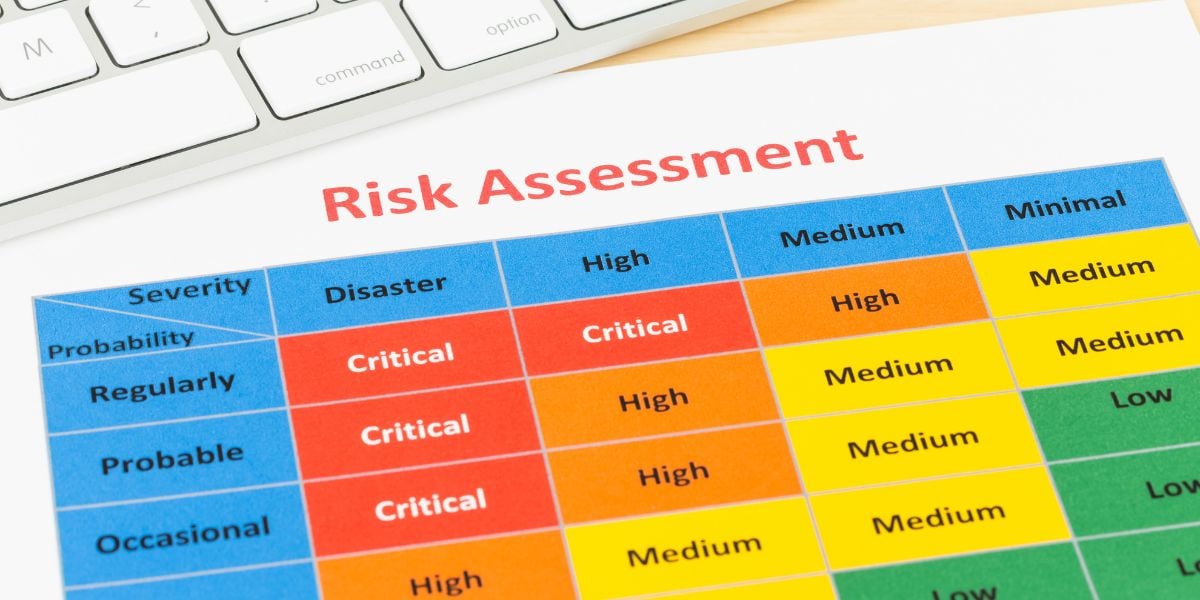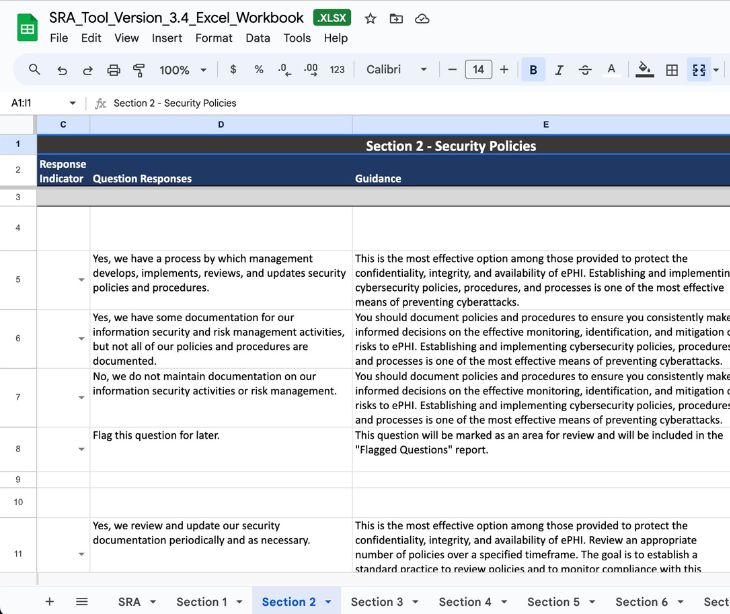
A healthcare privacy risk assessment is a proactive measure taken by healthcare organizations to identify potential risks and vulnerabilities related to the privacy of patient information. This assessment involves analyzing the effectiveness of the organization's existing systems, policies, procedures, and technologies to safeguard sensitive data.
By conducting an assessment, healthcare providers can gain insights into potential weaknesses that may compromise patient privacy and implement necessary measures and controls to mitigate these risks effectively.
Read also: How to perform a risk assessment
The importance of a privacy impact assessment in healthcare
Privacy is a fundamental aspect of any healthcare system. Patients trust medical professionals with their most intimate details, expecting this information to be kept private and confidential. However, with the increasing digitization of healthcare records and the growing prevalence of cyber threats, maintaining patient trust has become more challenging.
Privacy impact assessments assist healthcare organizations with the following:
- Identify vulnerabilities: By conducting thorough examinations of current practices, healthcare providers can pinpoint areas that pose risks to patient privacy. This includes assessing electronic health records (EHRs), data storage methods, employee access protocols, and third-party vendor agreements.
- Prioritize: Once vulnerabilities are identified, healthcare providers can prioritize them based on severity and potential impact on patient privacy. This enables organizations to allocate resources efficiently toward addressing high-priority risks promptly.
- Implement mitigation strategies: With knowledge about potential risks and priorities, organizations can develop privacy safeguards. This can include implementing encryption technologies, enhancing staff training programs, and establishing strict access controls to protect patient data.
- Comply with regulations: Privacy impact assessments are necessary to safeguard patient information and comply with regulatory frameworks such as HIPAA. By conducting these assessments, healthcare organizations can ensure they meet legal requirements and avoid costly penalties.
Read more: What is a Privacy Impact Assessment?
Privacy impact assessment template in healthcare
A privacy impact assessment template provides a structured framework to guide healthcare providers through the assessment process. While templates may vary depending on the organization's needs, they generally cover the following key areas:
- Data collection: Assess how patient data is collected, stored, and transmitted within the organization. This includes evaluating consent processes, data retention policies, and security measures.
- Data access: Examine who has access to patient information and under what circumstances. Evaluate user permissions, authentication protocols, and audit trails to ensure that only authorized individuals can view sensitive information.
- Data security: Analyze the security measures implemented by the organization to protect patient information from unauthorized access, disclosure, or breaches. This may involve assessing encryption methods, firewalls, antivirus software, and disaster recovery plans.
- Third-party relationships: Consider any external parties with access to patient data or providing services related to its processing or storage. Evaluate contracts and agreements with third-party vendors to ensure adequate privacy protections are in place.
- Risk analysis: Conduct a risk assessment by identifying potential threats and vulnerabilities that could compromise patient privacy. Prioritize risks based on severity and likelihood of occurrence.
- Mitigation strategies: Develop an action plan detailing steps to address identified risks effectively. Assign responsibilities and establish timelines for implementing necessary controls.
See also: HIPAA Compliant Email: The Definitive Guide
FAQs
What is the purpose of privacy risk assessment?
The purpose of a privacy risk assessment is to provide an early warning system to detect privacy problems, enhance the information available internally to facilitate informed decision-making, and avoid costly or embarrassing mistakes in privacy compliance.
Who is responsible for conducting a healthcare privacy risk assessment?
The responsibility for conducting a healthcare privacy risk assessment typically falls on the healthcare organization's privacy and security officers, compliance officers, or designated privacy professionals.
How often should a healthcare privacy risk assessment be conducted?
Healthcare privacy risk assessments should be conducted regularly, typically annually, or whenever there are significant changes in the organization's operations, technology, or regulatory environment.
Subscribe to Paubox Weekly
Every Friday we'll bring you the most important news from Paubox. Our aim is to make you smarter, faster.



